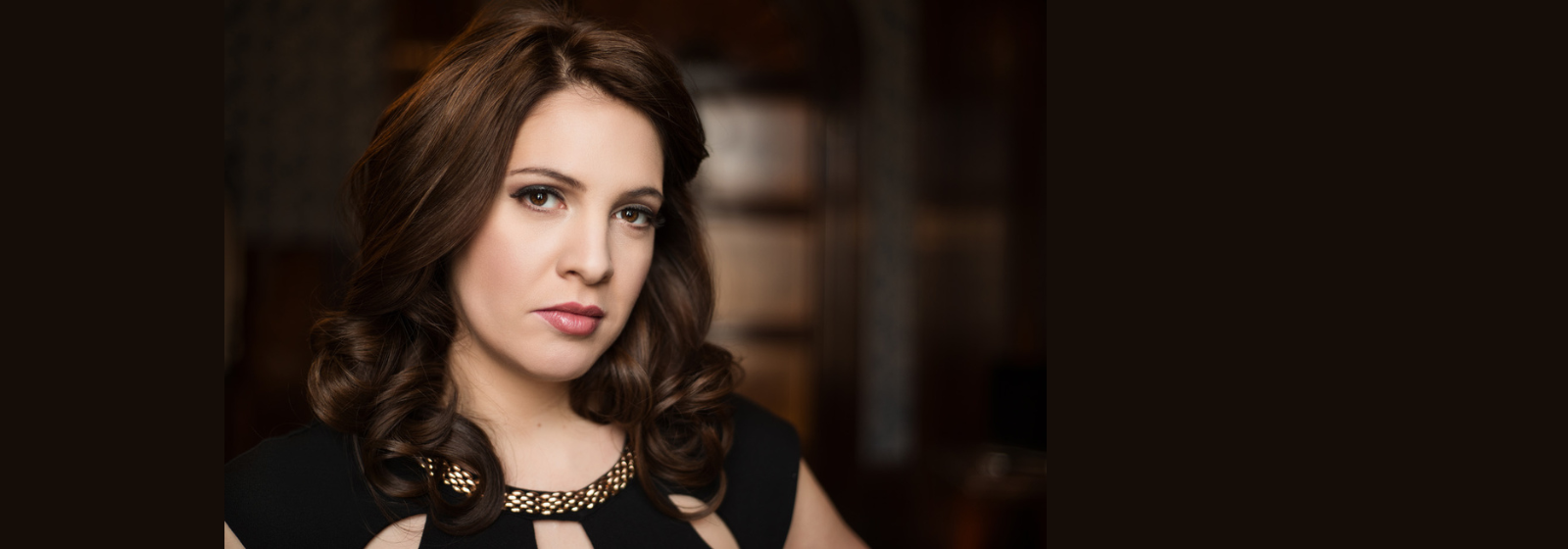
Budapest
LE MARTYRE DE SAINT SÉBASTIEN
Pászti bérlet / 3
MAURICE DURUFLÉ: Requiem, Op. 9 (orchestral version)
Márta Murányi soprano
Dorottya Láng mezzo-soprano
Zsolt Haja baritone
***
CLAUDE DEBUSSY: Le Martyre de Saint Sébastien (The Martyrdom of Saint Sebastian)
Polina Pasztircsák soprano
Dorottya Láng mezzo-soprano
Gabriella Busa mezzo-soprano
Anikó Für narrator
Hungarian National Choir (choirmaster: Csaba Somos)
Hungarian National Philharmonic Orchestra
Conductor: Csaba Somos
A concert that provides us with an outstanding opportunity to expand our musical horizons. On a single evening, the audience can look forward to performances of Requiem (1947) by Maurice Duruflé (1902–1986), and Debussy’s (1862–1918) incidental music Le Martyre de saint Sébastien (1911), which was written by the composer for Gabriele D’Annunzio’s five-act musical mystery play. The two works strikingly complement each other as the mode of expression of Duruflé’s Gregorian melodies in Requiem is reserved while the Debussy’s work’s heightened realm of consciousness is often ecstatic. Csaba Somos will direct the ensembles of the Hungarian National Philharmonic, while Anikó Für will narrate the Debussy work.
Paying our dues to the world of French musical masterpieces. Requiem (1947) by Maurice Duruflé (1902–1986) and Debussy’s (1862–1918) incidental music Le Martyre de saint Sébastien (1911) may differ considerably in terms of the musical devices used, but the two pieces are also united by the fact that they are each essential works of 20th century French music history that have been largely absent from Hungarian concert programmes. Now, in this concert by the Hungarian National Philharmonic and the Hungarian National Choir, we have the chance to encounter these two superb creations performed by two outstanding solo ensembles – Márta Murányi, Dorottya Láng and Zsolt Haja, then Polina Pasztircsák, Dorottya Láng and Gabriella Busa – with Csaba Somos as conductor, and Anikó Für narrating the Debussy piece. The works of the two composers will interact as polar opposites, given that the expression of Requiem, which is immersed in Gregorian melodies, is more reserved, while Debussy’s incidental music does not shy away from more ecstatic moments.



